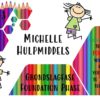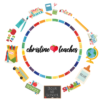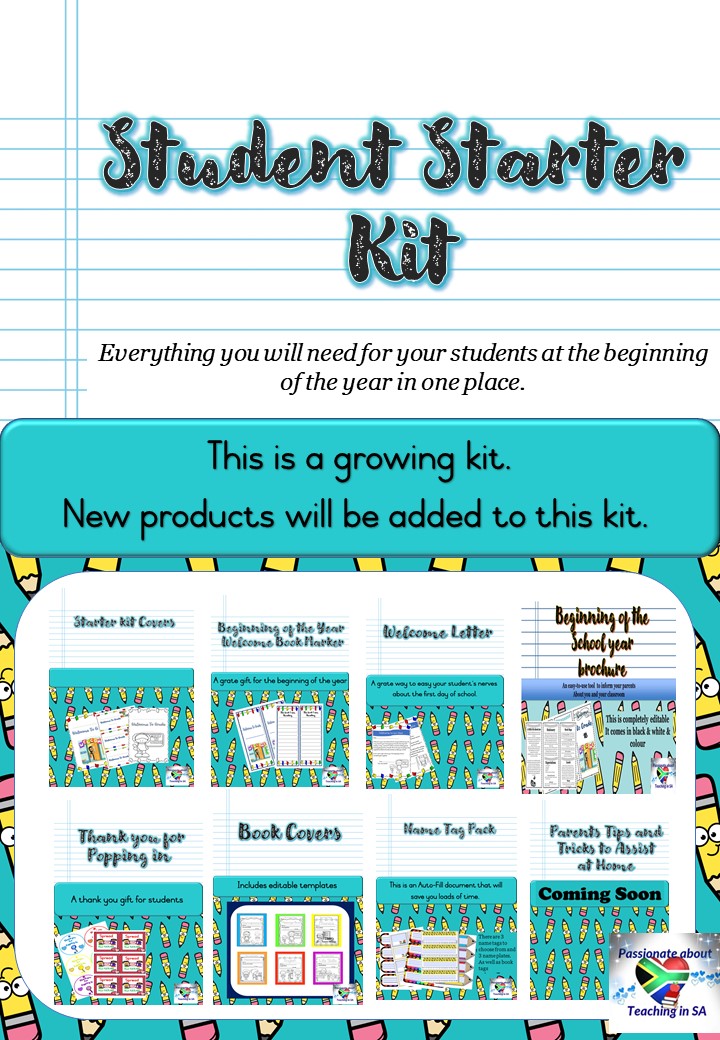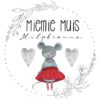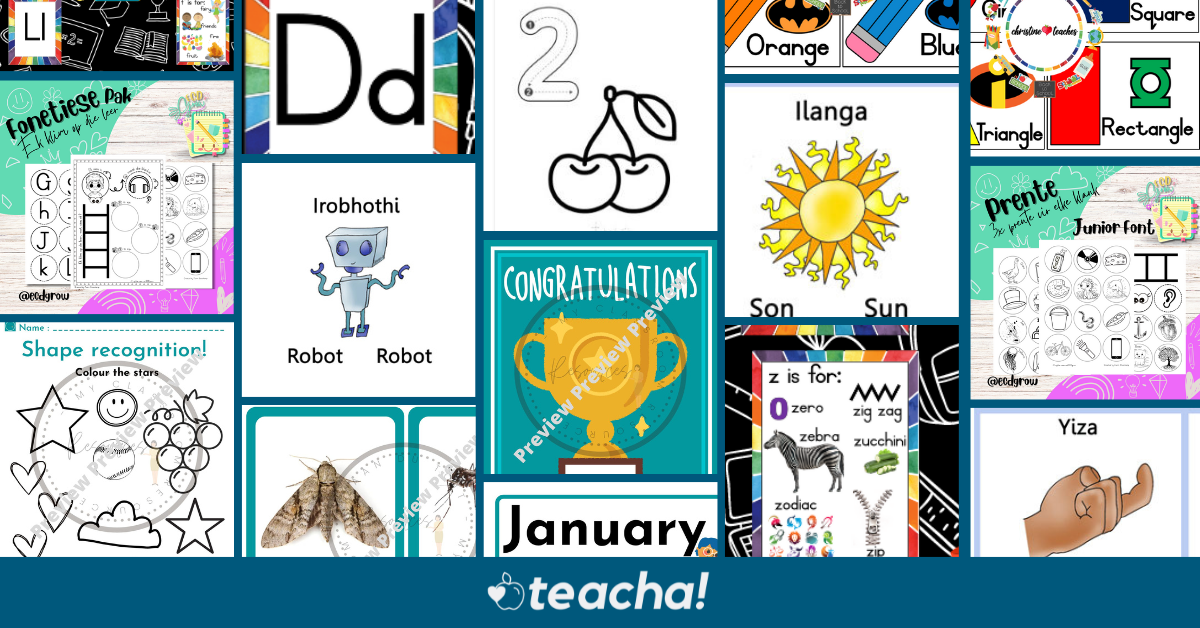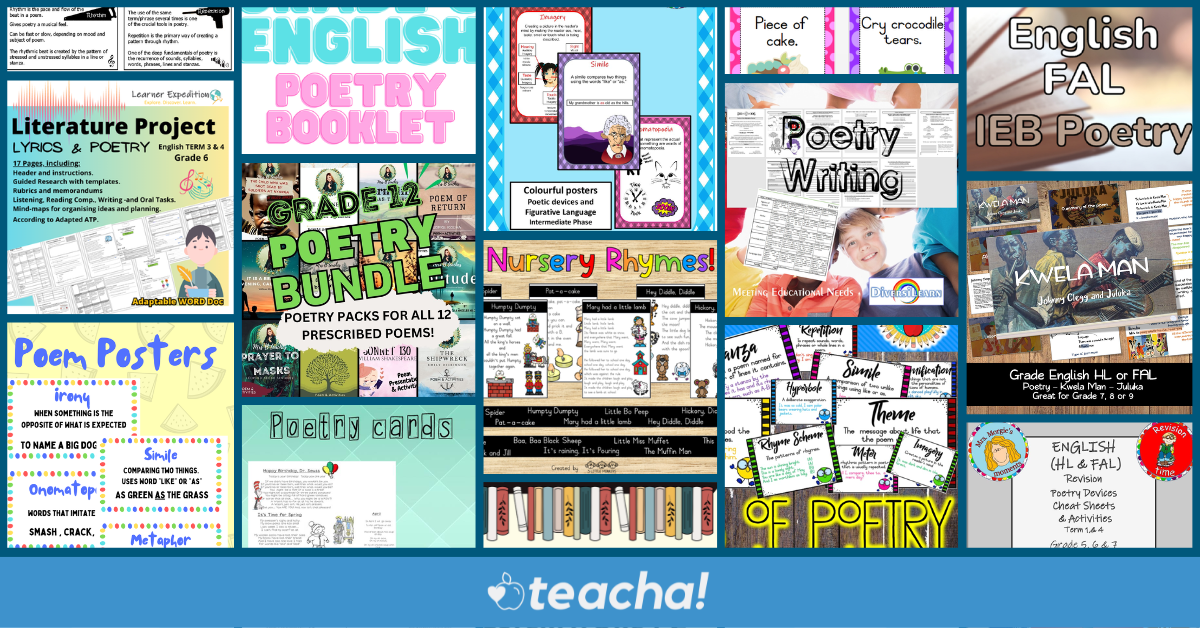ECD Term 1 Resources
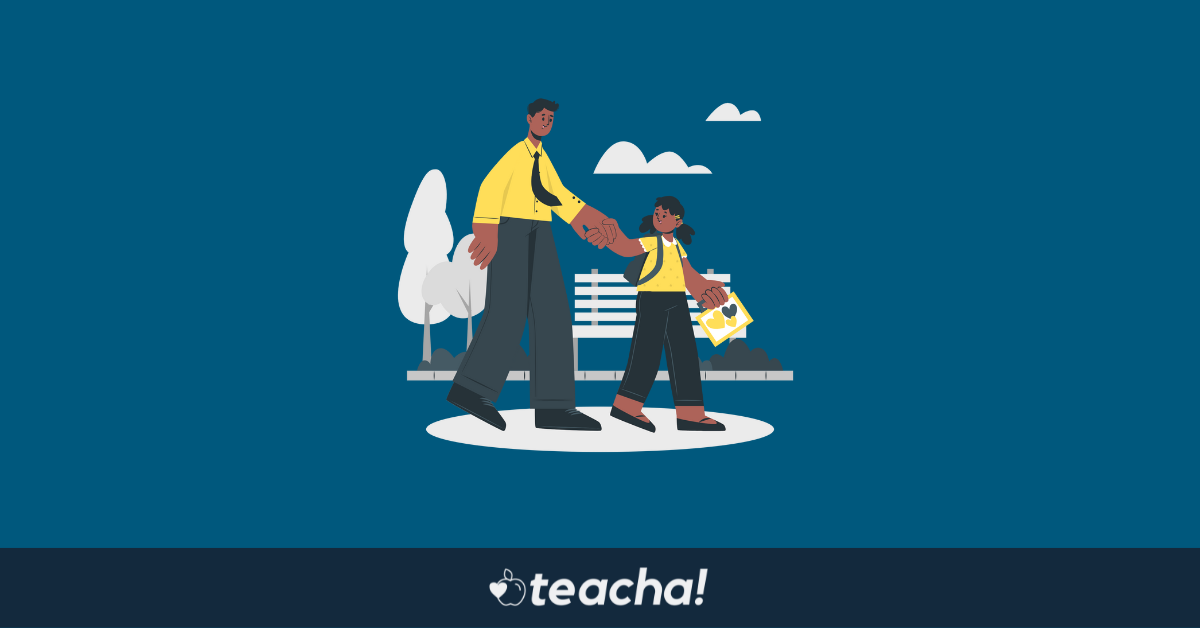
Little ones have so much energy! If you need some ideas to keep them engaged and attentive, we’ve created a collection of ECD Term 1 resources for you! Filled with resources for your ECD- and Grade R learners – they’re perfect for inspiring and stimulating little minds.
We also have a collection of Afrikaans ECD teaching resources.
Planning
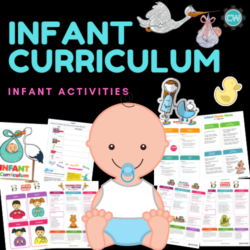
Infant Curriculum
Description
Fantastic Curriculum for home use, early child care facility, or early learning company. Baby Curriculum is for 9 months - 12 months Babies. The Program consists of 9 Units with 4 lessons in each Welcome to the Infant Program. Based on four recurring themes: Squeak Toys &Rattles Blocks & Cups Busy Toys Stuffed Animals. 9 UNITS: Baby Games Speech / Language Lullaby Infant massage Baby Signs Health Home Made Toys Scrap Book Baby Foods Activities include: Bouncing Lifting Clapping Tickling Body Parts Peek-a-boo Creative Worksheets - Infant Curriculum Information CW Infant program is designed to foster positive relationships and aid in infant development and growth during the important first year of life. Based on the theory that play and meaningful interaction positively impact infant development and emphasizes the importance of providing your baby with the necessary developmental stimulation and enriching experiences during the critical stages of brain development. Our Curriculum contains a diverse and stimulating variety of Age specific Activities, and exercises. It covers the developmental areas of Social/emotional understandings, self-awareness, learning through interactive parent/play, language development, cognitive and gross & fine motor skills development. Unique to our program – we also offer Yoga for babies, Sign Language and Baby massage. Infant Yoga Babies sleep better, longer and more deeply after Yoga sessions with parents. The different bodily systems, eliminative, circulation, respiratory, nervous and endocrine systems are all stimulated and function more efficiently and effectively. Some other benefits of yoga for your baby are: After Yoga your baby will feel more relaxed and content. Baby’s digestion is aided, the movements your baby dose in yoga ease and release gas pains and they show relief from fussiness and colic. Yoga helps your baby to develop a positive body image as they explore their body in new ways. Babies, toddlers and small children show increased self-confidence through their freedom to roam, explore and express themselves. Benefits of the Baby Sign Language Over two decades of research by Drs. Acredolo and Goodwyn, much of it funded by the National Institutes of Health, has shown that using the Baby Signs provides many benefits for children and their parents. • Reduces tears, tantrums and frustration • Makes learning to talk easier • Boosts self-esteem and self-confidence • Stimulates intellectual development • Strengthens the parent-child bond Using the Baby Signs reduces tears, tantrums and frustration! By the time babies are 9 to 10 months old, they are quite capable of knowing what it is they need or want. What they don't know is how to tell us with words—which leads directly to frustration for baby and parent alike. All this changes when a baby is able to use signs. With signs like "eat," "drink," "hot" and "cold,” literally at their fingertips, babies can make their needs known quickly and quietly without becoming frustrated and resorting to tantrums and tears. No wonder the answer we most frequently get from parents when we ask how using the Baby Signs has changed daily life is decreased frustration! Using the Baby Signs makes learning to talk easier! Some parents may worry that encouraging their child to use signs might slow down learning to talk. Actually, the opposite is true! Drs. Acredolo and Goodwyn’s federally funded research showed that using the Baby Signs actually helps babies learn to talk. They found that 2-year-old Baby Signers had significantly larger verbal vocabularies than their non-signing peers. And by the time they were three years old, the Baby Signers language skills were more like that of 4 years old. Babies gain a lot of language knowledge when they are able to actively engage in communication with signs—knowledge that lays a good foundation for learning to talk. And, just as a child who learns to crawl is more, rather than less, motivated to learn to walk, so also a child who learns to sign is more, rather than less, motivated to learn to talk! Using the Baby Signs boosts self-esteem and self-confidence! What good self-esteem boils down to for any of us is the sense that we are perceived as both competent and valued in our own eyes and in the eyes of others. And that's just what the ability to use signs gives to babies. Because they can communicate effectively with their caregivers, and because their caregivers respond so positively to these communications, Babies who know sign language develop a sense of pride in their accomplishments that lays a solid foundation for the development of their self-esteem and self-confidence. Using the Baby Signs stimulates intellectual development! Children who had participated in Drs. Acredolo and Goodwyn’s Baby Signs® study were revisited again when they were 8 years old. Each child was assessed using the WISC-III, a typical IQ test for children. The results were very impressive. After controlling for family income, parents’ education and a number of other factors know to influence IQ, children who had signed as babies had significantly higher IQs (an average of 114) than the children who had not signed (an average of 102). That’s a full 12 points higher! Using the Baby Signs strengthens the parent-child bond! Because babies are able to communicate effectively with their caregivers, the number of positive interactions goes up and the number of negative interactions goes down. In other words, when a baby and parent can truly understand each other and share what’s on their minds, they feel more connected to one another. With signs, even very young children can "tell" their caregivers they would like some milk, they saw an airplane or they heard a dog barking. They can let their caregivers know whether they are happy, sad or even afraid. Life with your baby becomes a shared life –and with greater sharing comes a stronger, sweeter parent-child bond. Baby Massage Massaging your baby is beneficial on many levels for both parents and baby. It is both relaxing and invigorating. Some benefits of massage include: Relaxing you and you baby – it’s a time for you as a parent to take some time out, listen to some relaxing music and spend valuable bonding time with your baby. Massage helps reduce crying, encourages better sleep, helps boost the immune system and physical contact is known to improve baby’s mood and help them feel loved and secure.
Activities
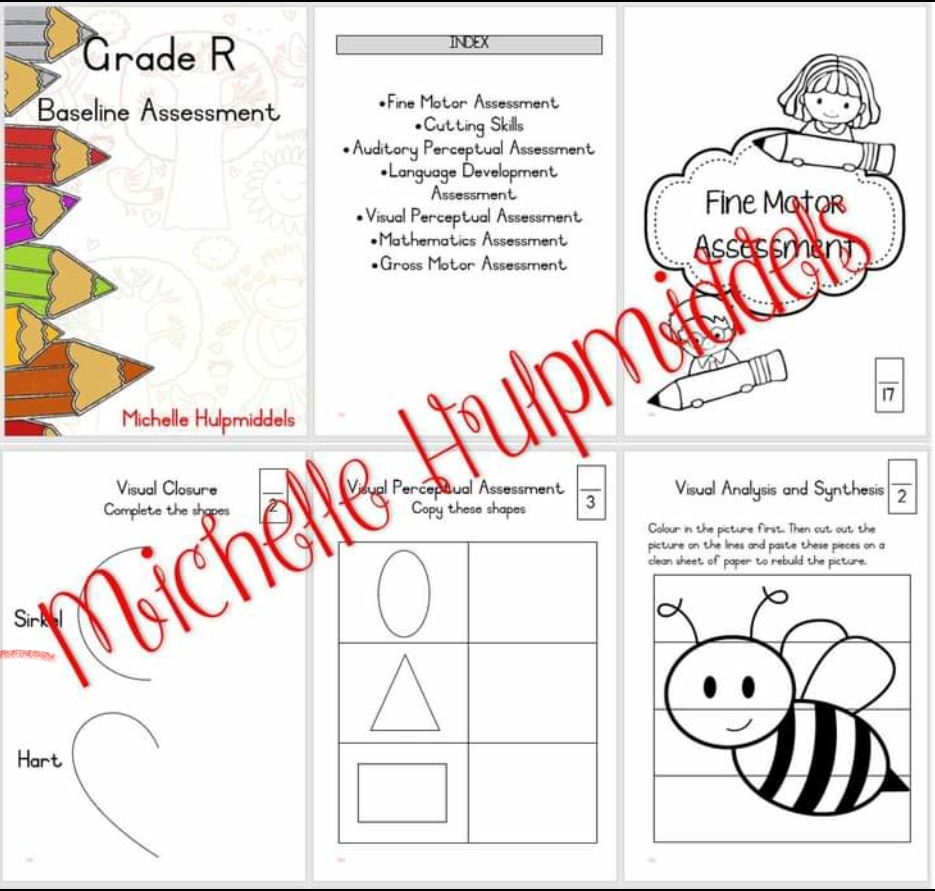
Grade R Baseline Assessment PDF ENG
Description
This booklet has 35pg and a guide for mommy or teacher Gr R Baseline assessment booklet can be used at the beginning of the year to make sure the learner is on track or even as an extra workbook at the end of the year. All of Michelle Hulpmiddels books are her own work.
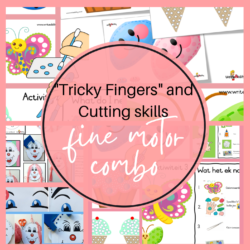
Fine Motor development: Tricky Fingers and Cutting Skills Combo
Description
The Activity Bundle includes the Tricky Fingers Fine Motor Activity program as well as the Cutting Skills Activity resource. Both were created by an occupational therapist and aims to develop fine motor skills necessary to promote pencil grasp development and handwriting. The Tricky Fingers fine motor programme consists of a series of fine motor activities to develop the muscles of the hand and support development of a dynamic pencil grasp. The program includes printable activities, a video demonstrating the desired finger movements and execution of each activity. The activities are fun, easy to prepare and low cost. This bundle also includes an cutting activity resource to develop scissor skills. Scissor skills are an essential part of pencil grasp development. Cutting is an easy, fun way to practice the hand muscles necessary for writing. We use the same muscles and fingers (thumb, index, and middle fingers) for both cutting and writing activities. It is an essential development skill for school readiness and supports writing and pencil grasp development. The WriteAbility cutting skills activity resource includes guidelines for the use and development of cutting skills.
Classroom décor
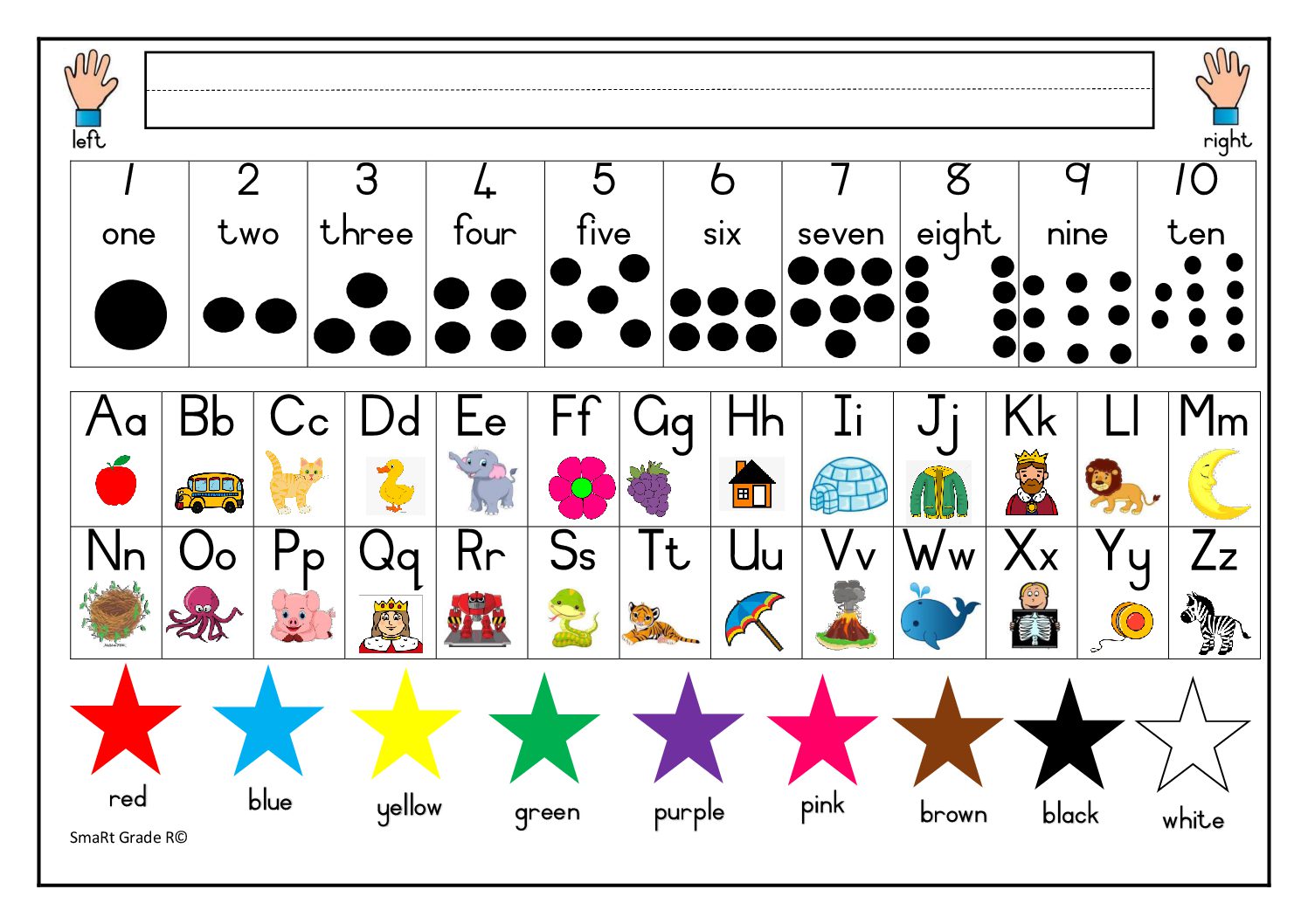
Awesome Grade R Placemat
Description
This is a must have placemat for Grade R's. It is a awesome resource to help Grade R students with beginning phonic sounds, numbers, number names and number symbols, colours and colour names, and to see their name everyday on his or her table will also help them to recognize and learn how to write their names.
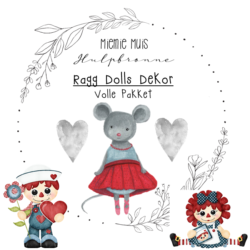
RAGG DOLLS CLASSROOM DECOR / KLASKAMER DEKOR (Tweetalig / Bilingual)
Description
This package includes the following at a special discounted rate if you purchase the full décor package. Hierdie pakket sluit die volgende in teen 'n spesiale afslag tarief indien u die hele dekor pakket neem. 1. Weerkaart / Weather Poster 2. Klasreëls / Class Rules 3. Maande van die Jaar / Months of the Year 4. Dae van die Week / Days of the Week 5. 2D Vorms / 2D Shapes 6. 3D Vorms / 3D Shapes 7. Vrugte / Fruit 8. Groente / Vegetables 9. Emosies / Emotions 10. Kleure / Colours 11. My Liggaam / My Body 12. Seisoene / Seasons 13. Alfabet Vlaggies / Alphabet Flags 14. Getalle / Numbers (1 - 10)



 KES(KSh)
KES(KSh) USD($)
USD($) GBP(£)
GBP(£) GHS(₵)
GHS(₵) NGN(₦)
NGN(₦) MUR(₨)
MUR(₨) BWP(P)
BWP(P) AUD($)
AUD($) TZS(Sh)
TZS(Sh) INR(₹)
INR(₹) PHP(₱)
PHP(₱) AED(د.إ)
AED(د.إ)
